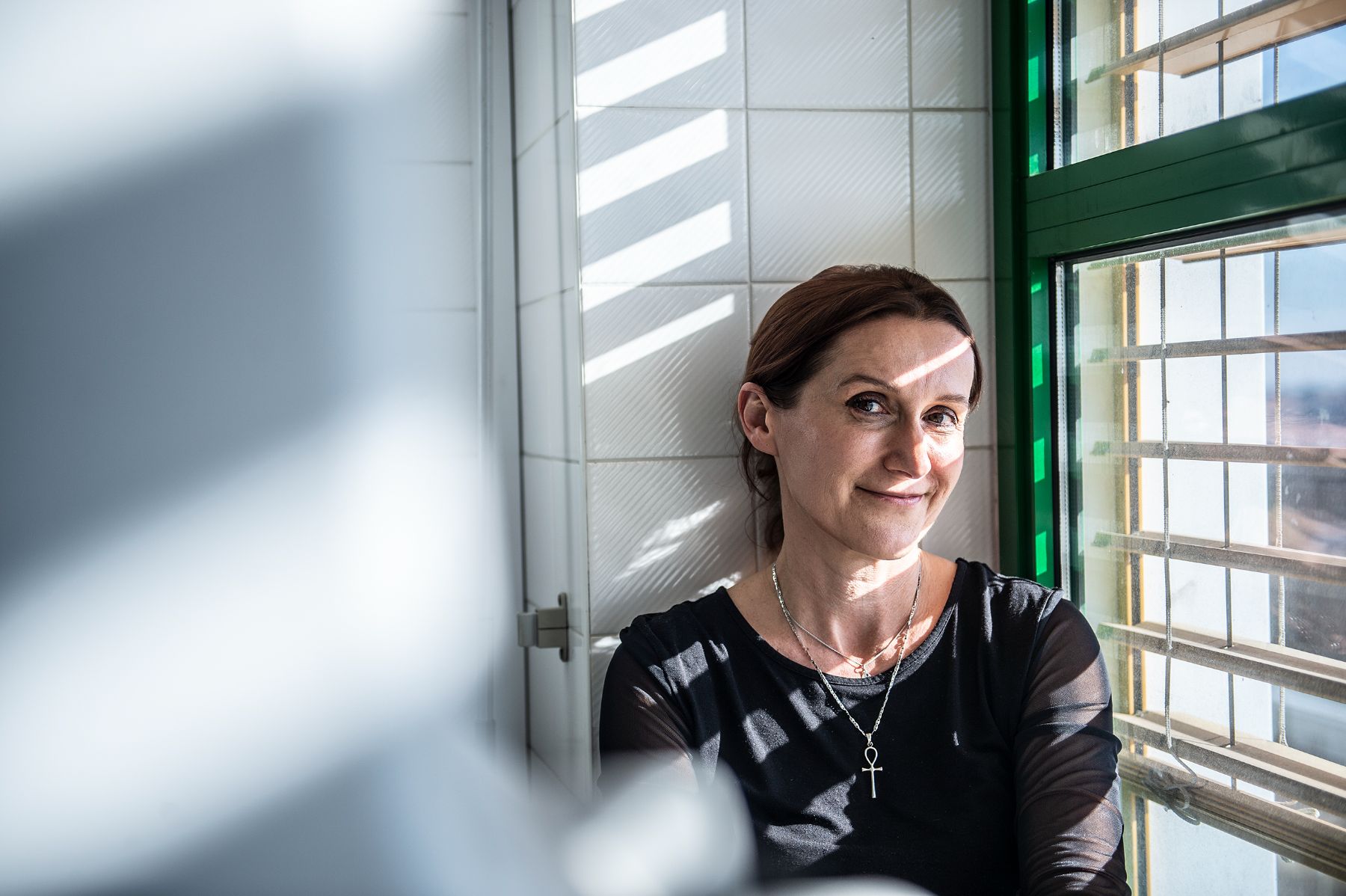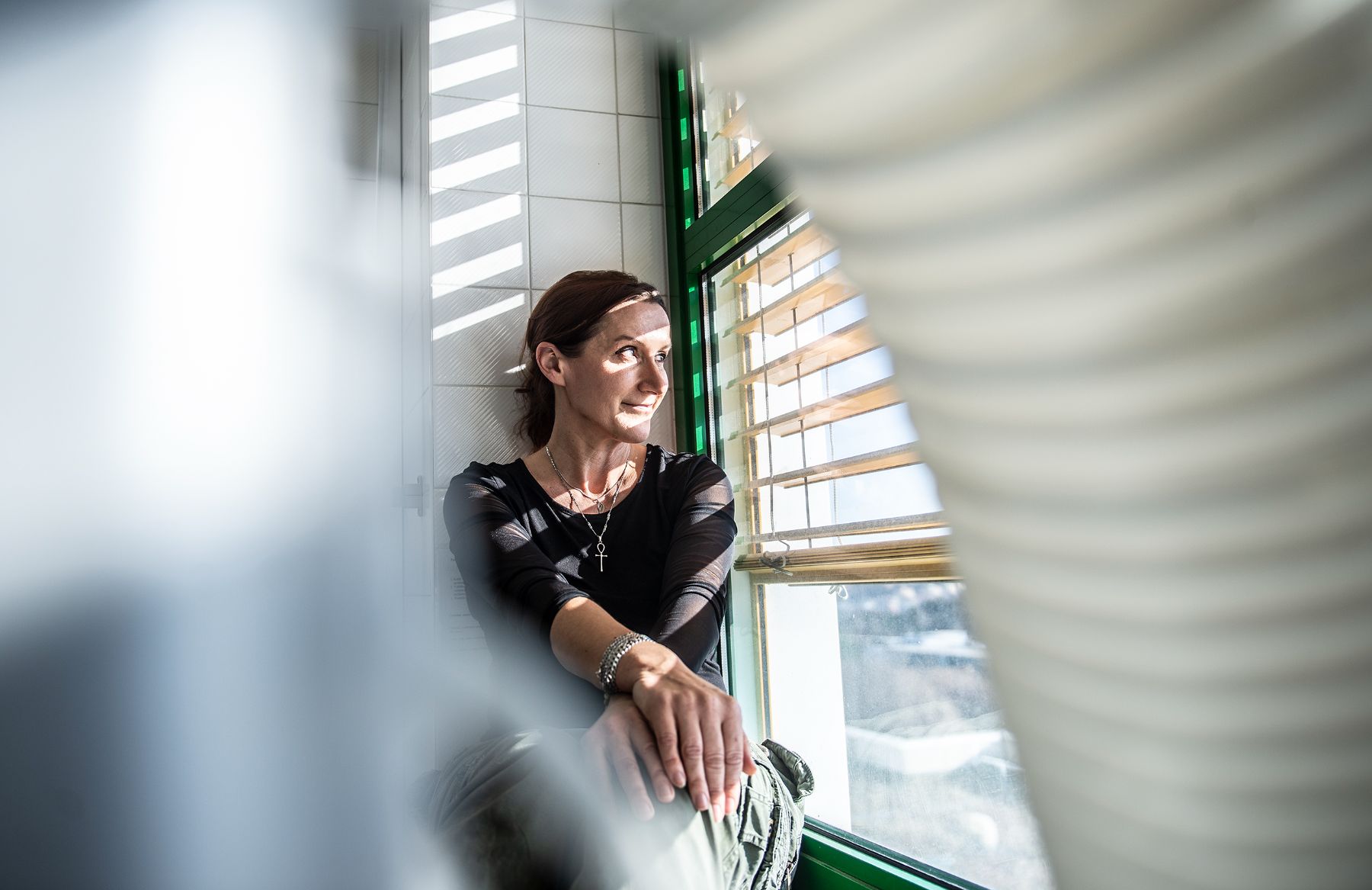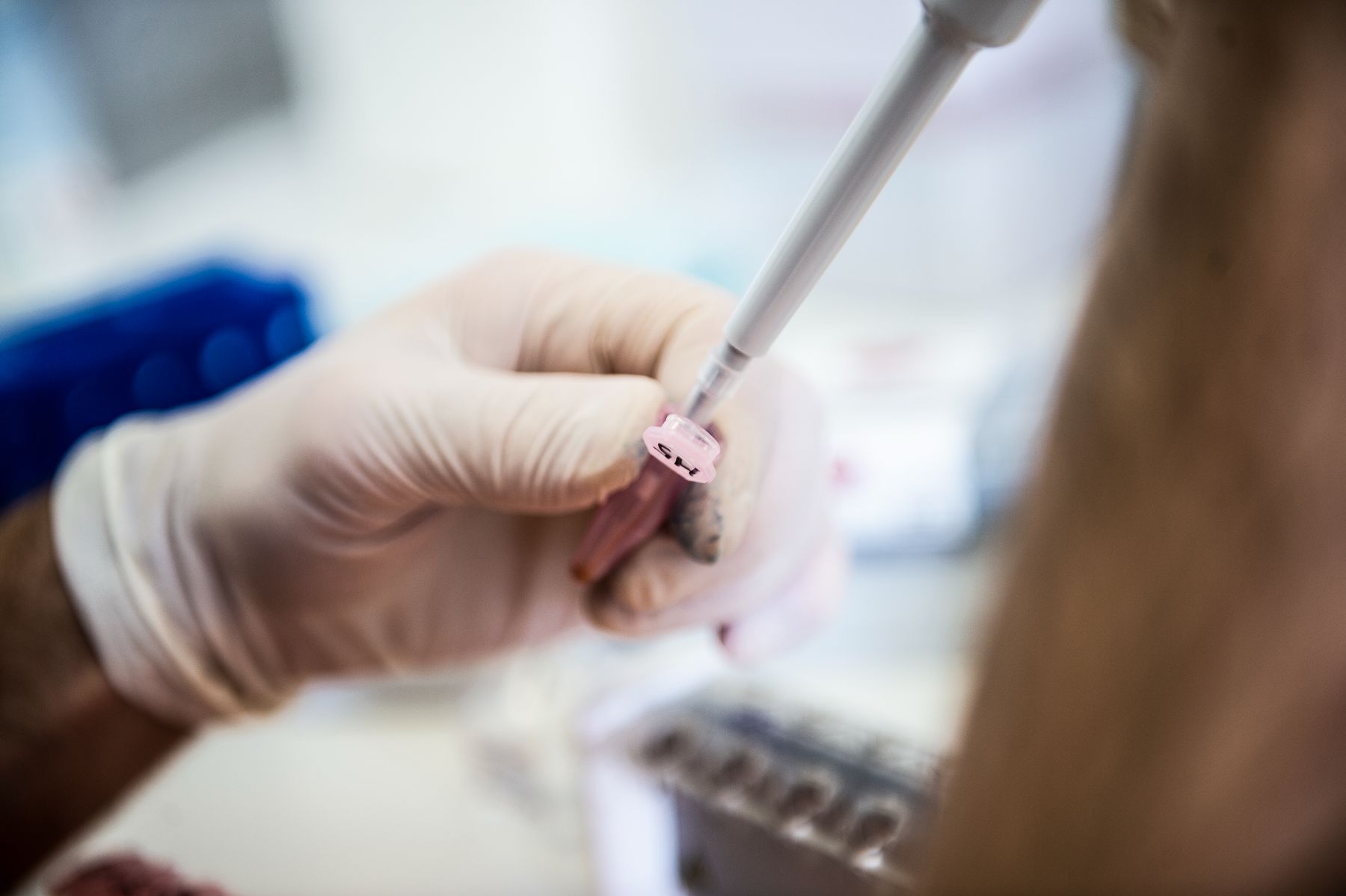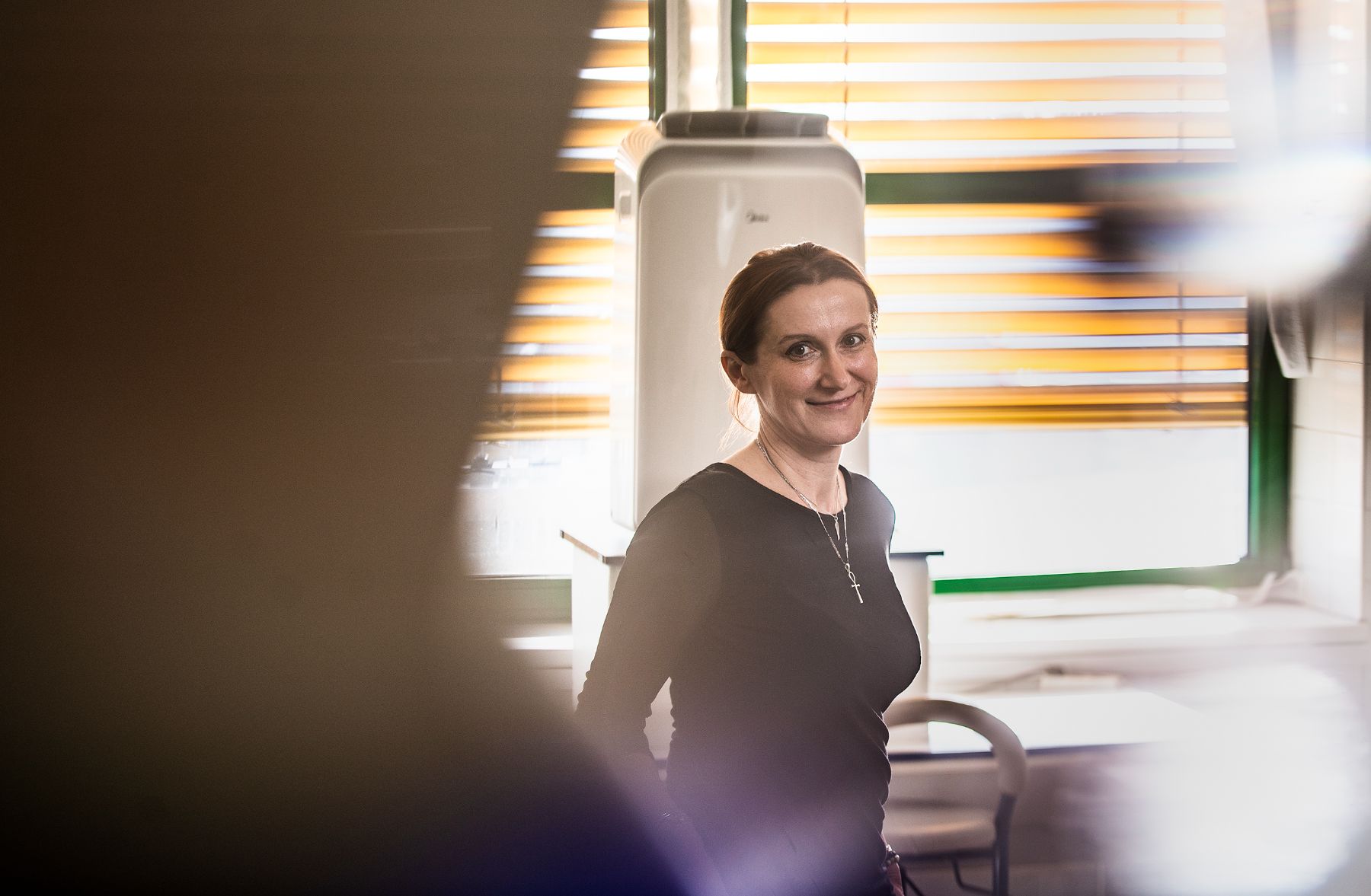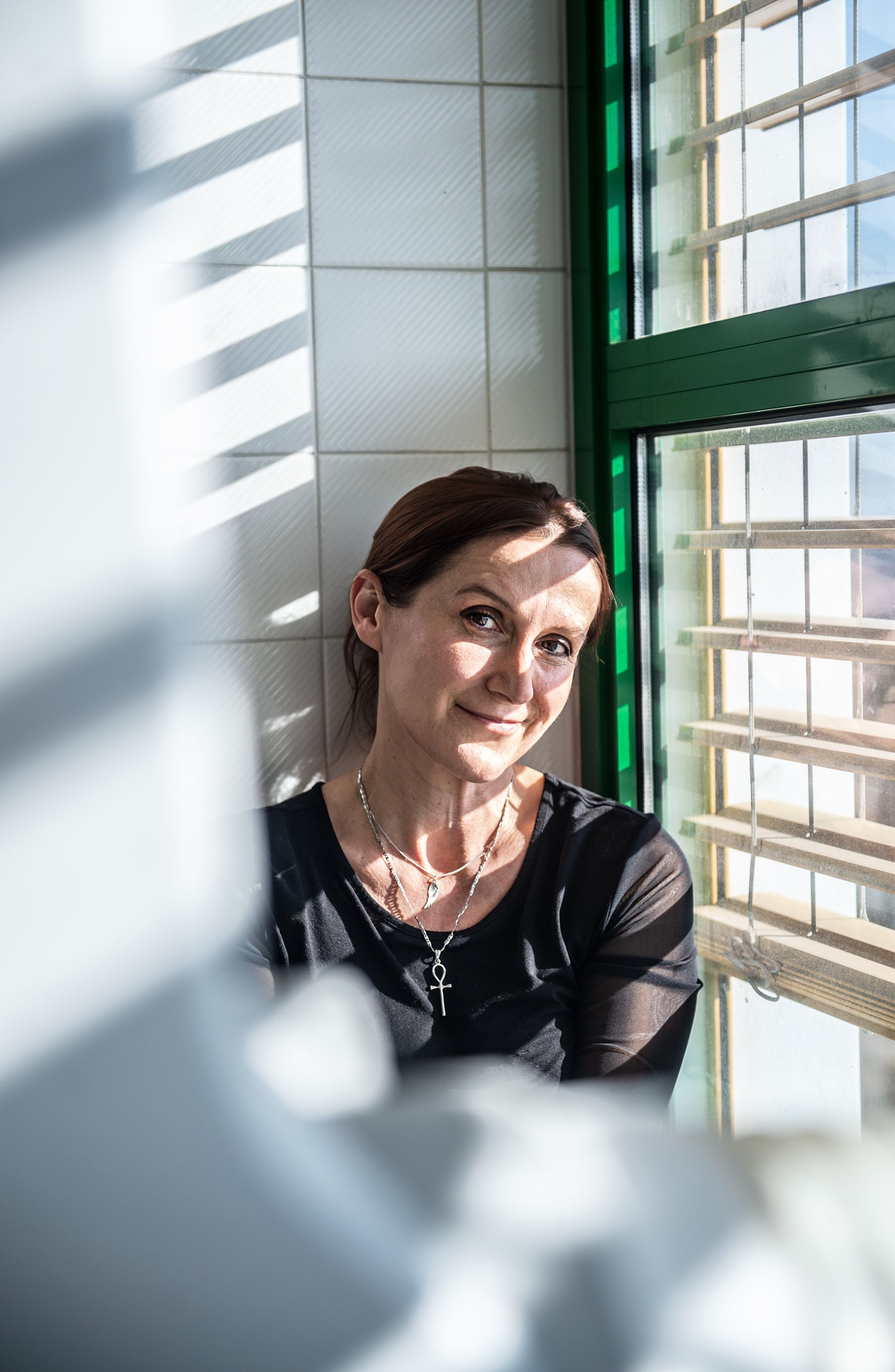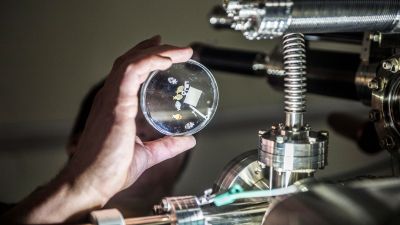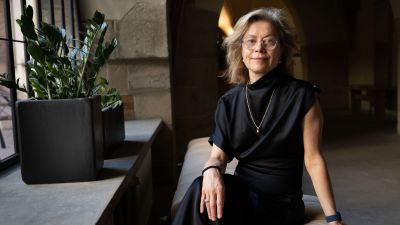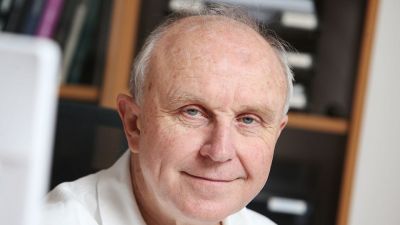“Doing science these days is generally quite stressful - you're constantly writing grants or explaining in evaluation reports why it's not working out the way you thought it would. In addition, there is enormous pressure on publishing performance and nonsensical administration,” warns molecular geneticist Eva Froňková from the Second Medical Faculty of Charles University and Motol University Hospital.
“Our science projects are a bit of a whodunit. We usually start with a sick child who has unclear symptoms - immunity disorders or blood disorders - and we try to find the cause and propose a solution using state-of-the-art methods,” says Eva Froňková. “Knowing that I can help a particular patient is what I enjoy most about my work - opening up the results of genetic tests and finding out where the problem lies. And then, together with the clinicians, to find solutions to help,” says the doctor and geneticist. They then publish the findings, or scientific discoveries, in the most prestigious journals.
Faster, cheaper, and better
“We don't do classic basic research; we are more like practitioners who try to simplify the latest findings, make them cheaper, and get them into practice as quickly as possible, so that they can help our patients as soon as possible,” says Associate Professor Froňková, who leads a team within the Childhood Leukaemia Investigation Prague (CLIP) research laboratory at the Second Faculty of Medicine of Charles University.
In addition to searching for the causes of diseases, she also develops new diagnostic methods that are then used worldwide. For example, they are a global leader in detecting so-called residual disease - in tracking residual leukaemia in the body. “Thanks to our methods, we are able to quickly and accurately detect even a single leukaemia cell in the body among hundreds of thousands of healthy ones! This information is crucial for setting up, monitoring the course and, ultimately, the success of treatment,” explains Froňková, who already dreamed of working at the intersection of immunology, oncology and genetics during her studies.
The solution? Not to suppress, but to encourage
The CLIP laboratory has long been at the top of various science rankings. Why is that? “The key is the personality of Jan Trka (a professor of medical biology, who last year received the university Donatio - editor's note). He gives us a lot of support, encouragement and lets people grow - he doesn't stifle them. The international collaborations and the fact that we are one team - we stick together - are also important,” says Eva Froňková, who also got into molecular genetics thanks to Trka.
“I still remember how in the 1990s I set up an e-mail to apply for a course in molecular genetics for medics, which Jan organised at the time,” she says with a smile, explaining how genetics "caught her and never let her go", so she continues to do it in Motol.
She passes on her enthusiasm for the field not only to students at Charles University, but also to colleagues around the world. “For example, we train in Latin America (Argentina, Uruguay), but also in Spain. If we help them to introduce genetic diagnostics, which is already quite common in the Czech Republic, we can increase the survival of children with leukaemia by several percent, which can be dozens of children a year. There are no scientific points for this, but it makes me feel very charged up and makes sense,” says the doctor.
“But doing science these days is generally quite stressful - you're constantly writing grants or explaining in review reports why things aren't working out the way you thought they would... On top of that, there's enormous pressure to publish and nonsensical administration, all of which kills scientific creativity,” Eva warns. “Discoveries don't come about by planning them over a three-year horizon,” stresses the scientist, for whom the Covid pandemic was a big lesson: “Suddenly, on top of all that, I was a teacher, a social worker, a cook... and I realised I couldn't go on like this,” recalls the mother of three and wife of an infectologist who spent most of his time in hospital. How did she deal with it? “I had to slow down. I don't work nights anymore. And as a result, paradoxically, I am more efficient and happier,” she shares her feelings and appeals to other researchers to think more (and in a timely manner) about themselves.
“I would advise young women scientists not to go it alone! I was quite taken aback by motherhood - I don't mean the career of motherhood - but motherhood itself. Suddenly there wasn't much to plan, nothing was up to me and I was listening to what kind of mother I should be,” she recalls. “Things are a bit better today, but I had children at a time when women were expected to be full-time mothers and homemakers, providing a service for the 'father of the family. The mere mention of a nanny or cleaning lady was seen as a failure." She advises her colleagues to surround themselves with like-minded people and not listen to "unsolicited comments", although this can be difficult.
What would help further? “Money. But one that a woman is free to use as she sees fit - no unnecessary paperwork and proving invoices,” she says, also admitting she misses return grants, part-time jobs and more flexibility. “I resisted it for a long time, but then I realized that we had to speak up, that otherwise the senseless restrictions and conditions would not change. Men don't often face the same obstacles, so sometimes it doesn't even occur to them that it might be a problem.”
| Associate Professor Eva Froňková |
| Eva Froňková graduated from the 1st Faculty of Medicine of the Charles University and postgraduate studies in cell biology and pathology at the Second Faculty of Medicine of Charles University. As a team leader at the Childhood Leukaemia Investigation Prague (CLIP) in Motol, she is involved in research and development of diagnostic methods for rare diseases of the hematopoietic and immune systems. |


